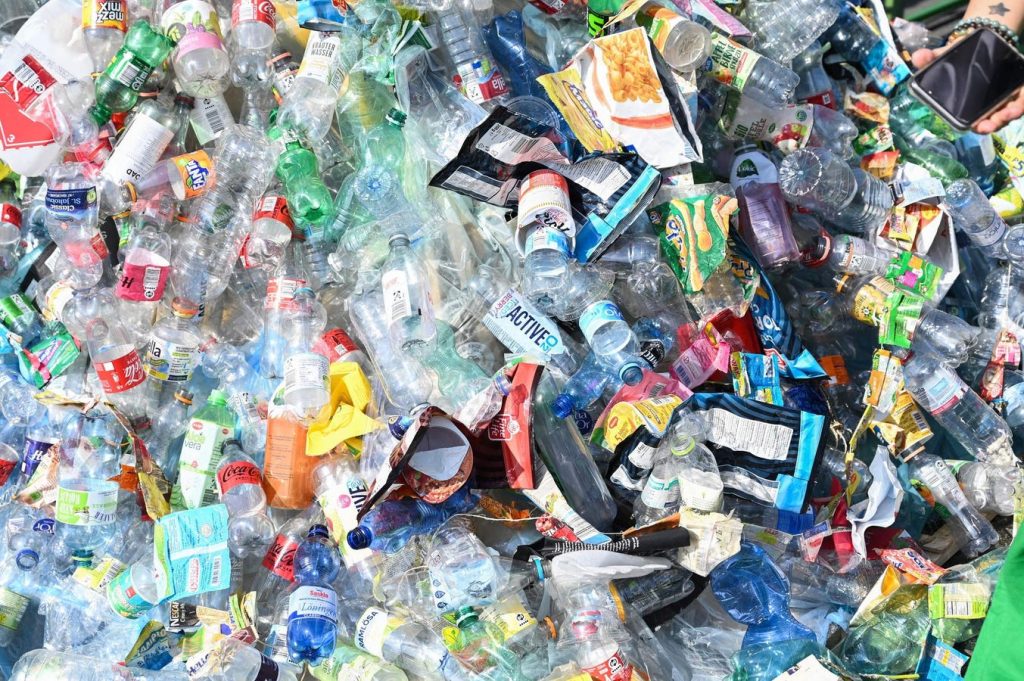The fight against plastic pollution has gained momentum as the deadline for a UN-led international treaty approaches. The United Nations Environment Program (UNEP) has been working on developing a legally binding treaty to limit the growth of plastic pollution since a resolution by the UN Environment Assembly in 2024. The recent session in Ottawa, Canada, known as INC-4, was the fourth of five sessions leading up to the final drafting of the treaty in Busan, South Korea. Despite progress being made, there is still work to be done to make significant changes.
Plastic pollution has had a devastating impact on the planet’s biodiversity and the health of its inhabitants. The production and usage of plastics have generated roughly five billion tons of plastic waste since 1950, with an additional five billion tons projected by 2050. Single-use plastics, which account for roughly 190 million tons annually, have a short useful life but a long-lasting environmental impact. The presence of microplastics and nanoplastics in all living habitats poses serious health risks to humans and animals, including the potential for carcinogens and various diseases.
In the United States, media attention on the INC-4 sessions and the issue of plastic pollution has been relatively light compared to other nations. The US has faced criticism for hesitancy to align with aggressive cuts in plastic usage, potentially due to the influence of the oil and gas industry, which relies on petrochemical revenue. The Biden Administration has been urged to take more decisive action, but has remained subdued in comparison to delegations from other countries.
The investor community also appears to be hesitant to fully acknowledge the risks associated with the plastics industry. While there has been a decline in risk premia for plastics companies, there is still a significant projected growth in the industry due to increasing demand. Last year, the Climate Disclosure Project (CDP) facilitated the disclosure of plastic-related risks for companies representing over $31 trillion in market capitalization. The introduction of regulatory pressure and mandatory, double-materiality disclosure protocols could potentially shift investment practices and future demand for plastics.
Ultimately, the success of efforts to curb plastic pollution will depend on a combination of regulatory pressure, mandatory disclosures, and the recognition of the materiality of risks associated with the plastics industry. Time will tell whether these measures will be enough to bring about lasting change and protect the planet from the harmful effects of plastic pollution. The upcoming final drafting of the international treaty in Busan, South Korea, will be a crucial moment in determining the future direction of global efforts to combat plastic pollution.


